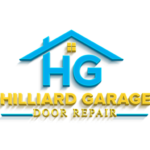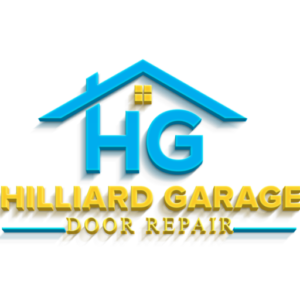Signs Your Garage Door Springs Are Failing and When to Repair Them
- Commercial Garage Door
- Garage Door Opener Installation
- Garage Door Spring Repair
- Same Day Garage Door Repair
- Custom Garage Doors
- Garage Door Opener Repair
- Garage Door Track Repair
- Garage Door Cable Repair
- Garage Door Panel Repair
- Local Garage Door Repair
- Garage Door Replacement
- Noisy Garage Door Fix
- Gate Repair
- Garage Door Installation
- Garage Door Section Replacement
- Overhead Garage Door Repair

Signs Your Garage Door Springs Are Failing
Garage doors are an essential part of your home, providing security and ease of access. However, like any mechanical system, they can experience wear and tear over time. One of the most common issues homeowners face is failing garage door springs. These springs do the heavy lifting (quite literally) and are critical to the smooth operation of your garage door. Wondering if your springs are on the brink of failure? Here are some signs to keep an eye out for.
Loud Noises During Operation
Does your garage door make loud banging or squeaking noises when opening or closing? While some noise is normal, excessive or unusual sounds can indicate that your springs are under stress and may be close to breaking.
Visible Gaps or Rust
A clear visual inspection can often reveal if something is wrong. Look for any visible gaps in the spring, which may indicate a break. Additionally, rust on the springs can weaken them over time, leading to eventual failure.
Door Closes Too Fast
If you notice your garage door slamming shut suddenly, it could be a sign that your springs aren’t providing enough tension. This not only puts extra strain on the door itself but also poses a safety risk to you and your family.
Uneven Door Movement
A properly functioning garage door should move smoothly along its tracks. If you observe any jerky or uneven movements, it might be due to imbalanced tension in the springs.
Garage Door Doesn’t Stay Open
Your garage door should stay open when lifted manually. If it starts to drift downward, even slightly, the springs might not be functioning correctly and need attention.
Once you’ve identified failing springs, it’s crucial to address the issue promptly. Delaying repairs can lead to more extensive damage and potentially costly garage door spring repair bills. Here’s when to take action:
- For Minor Wear: Routine maintenance and lubrication can extend the life of your springs. DIY enthusiasts can perform these tasks with the proper tools and precautions.
- For Visible Damage: If there are visible gaps or severe rusting, it’s time to call in the professionals for garage door spring repair. DIY repairs on damaged springs can be dangerous due to the high tension involved.
- For Safety Concerns: If you notice issues like rapid closing or inability to hold the door open, professional repair is strongly recommended to avoid accidents.
In conclusion, keeping a proactive eye on your garage door springs can save you from unexpected headaches. By recognizing these signs early, you can ensure timely garage door spring repair and maintain the security and functionality of your home. Remember, while some maintenance tasks can be tackled on your own, don’t hesitate to reach out to Hilliard Garage Door Repair for more complex issues.
CALL NOW

